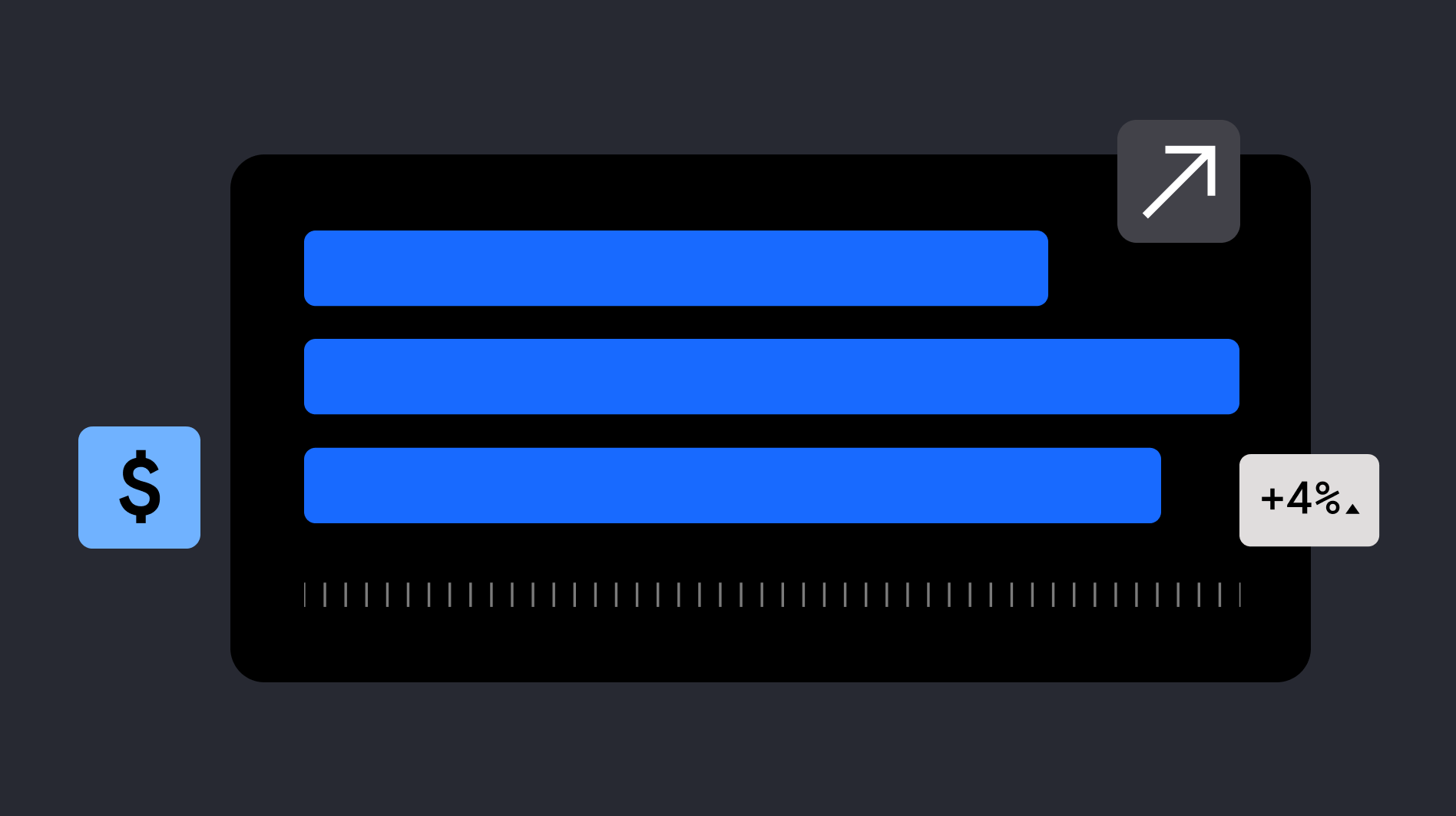A payment processor is just one of the vital entities that businesses rely on in order to accept card payments from their customers.
In simple terms, a payment processor transmits transaction data between the merchant, the acquirer, and the card networks.
But no two payment processors are the same, and you should take the time to find one that offers functionality and fees that are compatible with your business.
In this article, we explain how payment processing works, payment processor fees, and what factors you should consider when choosing a provider.
Payment processor explained
A payment processor transmits several vital messages to facilitate a successful payment (or to confirm that a transaction has been declined). For a payment to go through, several parties need to confirm certain details. The payment processor delivers the payment request to the acquirer to set off the chain reaction of authorization. Here's an illustration of the cycle:

Simply put: a payment processor connects the merchant’s acquirer with card networks to settle merchant funds. The card networks then contact the issuing bank to confirm whether or not the transaction should go ahead. The network (for instance, Visa or Mastercard) receives an answer back from the issuer – either "yes (accepted)" or "no (declined)" – and passes this message back to the acquirer, who passes it back to the processor, who delivers it back to the merchant.
Is Checkout.com a payment processor?
Yes, Checkout.com is a payment processor, payment gateway and acquirer. Checkout.com offers these in an end-to-end solution. Transactions can be processed faster with less downtime and more accuracy, helping merchants increase acceptance rates and drive overall growth.
A payment processor also applies fraud rules throughout the payment flow to ensure that the transaction is legitimate.
Find out how Checkout.com helps businesses optimize their payments.
How does payment processing work?
Here’s how payment processing works:
- The customer initiates a transaction by entering their card details at checkout
- Their card details are sent from the merchant via a payment gateway - which encrypts and transmits payment data - to the payment processor
- The payment processor sends the card information to the card network - such as Visa or Mastercard - which checks with the issuing bank that the customer has sufficient funds in their account to cover the purchase. If so, the transaction can be authorized
- The card network then informs the payment processor that the payment can be approved, and the processor communicates the decision back to the merchant via the payment gateway
- The merchant accepts the payment and the funds are debited from the customer’s account and credited to the merchant within one to three business days
Learn more: How does global payment processing work
How to choose a payment processor
While the right payment processor can help your business thrive, the wrong one could negatively impact your acceptance rates and stymie your growth. That’s why it’s important to consider the following factors when choosing a payment processor:
- Compatibility - choose a processor that’s compatible with the way your business operates. Some of these factors might be down to preference, and some might be down to necessity. For example, if you trade internationally, you should choose a payment processor that supports expansion into new markets by processing in a variety of currencies and helping you navigate local regulations
- PCI compliance - PCI DSS requires businesses to meet a set of security standards that keep their systems safe from data breaches and criminal activity. Any business that accepts card payments must ensure card data is stored, transmitted and processed securely. A reputable payment processor makes it easy for you to meet these requirements by integrating compliance standards into its systems. Your payment processor should have information about their PCI compliance readily available on their website
- Fraud - a payment processor that comes with an integrated fraud detection solution is a big bonus for merchants. Fighting fraud is a daily necessity, so you should choose a processor that offers advanced capabilities like machine learning and custom rules. These systems can automatically detect and block suspicious transactions while increasing your acceptance of legitimate transactions
- Industry - your choice of processor might be limited by the industry you work in. For most sectors, this isn’t an issue, but if the nature of your business puts you at a higher risk of experiencing chargebacks (travel, telemarketing) fraudulent transactions (gambling, real estate), or if you’re heavily regulated (firearms, CBD) you might have to find a specialist payment processor
- Pricing - payment processor pricing can be complex as fees and structures vary considerably. Nevertheless, it’s important to understand how a particular processor’s rates will affect your takings based on your business model and sales volume. For example, if you have consistently high sales, an interchange-plus structure, which has a variable rate, might be more cost-effective than a flat-rate structure, which is the same for all transactions regardless of the interchange rate
Payment processors and transaction fees
Merchants have to pay fees for every transaction, which cover the costs of maintaining payment infrastructure, security and authorization checks. The main fees are:
- Interchange fees - variable fees set by card schemes, which can vary depending on the network, the card used, and the merchant’s category. The charge is paid by the acquiring bank to compensate the card scheme for the transaction costs. Some of this fee is credited to the issuing bank, as an incentive for issuing the card.
- Acquirer fees - the merchant’s bank, also known as the acquiring bank, charges this fee to cover the costs of transaction processing
- Processor fees - paid to compensate the payment processor for its services. This fee usually consists of a fixed percentage of the transaction amount plus a flat rate
Is Checkout.com a payment processor?
Yes, Checkout.com is a payment processor, payment gateway and acquirer. Checkout.com offers these in an end-to-end solution. Transactions can be processed faster with less downtime and more accuracy, helping merchants increase acceptance rates and drive overall growth.
A payment processor also applies fraud rules throughout the payment flow to ensure that the transaction is legitimate.
Find out how Checkout.com help businesses optimize their payments.





.jpeg)


%20v1.jpg)


.png)

.png)


